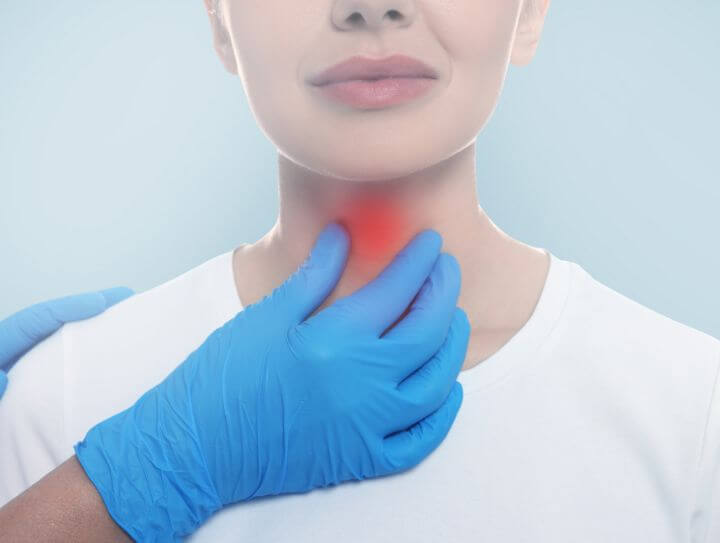Prostate
Introduction to Prostate health
The prostate gland plays a pivotal role in the male reproductive system, but it can also be a source of significant health issues as men age. Understanding the function of the prostate, recognising the signs of potential health problems, and knowing the steps to take for diagnosis and management are essential for maintaining prostate health and overall well-being.
The Prostate: Function and Importance
Located just below the bladder and surrounding the urethra, the prostate gland is crucial in the male reproductive system. It produces a fluid that, when mixed with sperm and other fluids during ejaculation, forms semen. The health of the prostate is vital for proper urinary function and sexual health.
Frequently asked questions about the prostate
The prostate is a small, walnut-sized gland located below the bladder in men. It surrounds part of the urethra and produces a fluid that forms part of semen.
Prostate disease primarily affects men, particularly as they age. While women do not have a prostate gland, prostate health can significantly impact family dynamics and relationships, making it a concern for all genders in supporting roles.
The most typical prostate issues include prostate enlargement (benign prostatic hyperplasia or BPH), prostatitis (inflammation of the prostate), and prostate cancer.
Yes, prostate health can be assessed using various tests, the most common being the PSA (Prostate-Specific Antigen) test, which measures the level of PSA in the blood.
If you experience symptoms like difficulty urinating, frequent urination, pain during urination, or other related symptoms, consult a healthcare provider for evaluation and possible testing.
Common Prostate Conditions
Prostate health issues can range from mild and manageable to severe, with varying implications for men's quality of life:
Benign Prostatic Hyperplasia (BPH): Also known as prostate gland enlargement, BPH is a common condition as men age. It can cause urinary problems such as difficulty starting urination, weak stream, and the need to urinate frequently or urgently.
Prostatitis: This condition involves inflammation of the prostate, which can be acute or chronic. Symptoms often include pelvic pain, urinary tract symptoms, and sometimes flu-like symptoms.
Prostate Cancer: One of the most serious prostate health issues, prostate cancer is a leading cause of cancer-related deaths among men. Early detection is crucial for successful management and can significantly improve prognosis.
Diagnosing Prostate Issues
Prostate health is typically assessed through a combination of clinical evaluation, blood tests, physical examinations, and sometimes imaging studies. Key diagnostic tools include:
- PSA Test: Measures the level of prostate-specific antigen in the blood, with higher levels suggesting prostate inflammation, enlargement, or cancer.
- Digital Rectal Exam (DRE): A physician feels the prostate through the rectal wall to check for abnormalities in size, shape, and texture.
- Ultrasound: Often used to get a visual image of the prostate gland, which can help in assessing its size and any abnormalities.
- Biopsy: If other tests suggest cancer, a biopsy is performed to confirm the diagnosis.
Treatment options
The treatment for prostate issues varies depending on the specific condition:
- Medications: For BPH, medications can relax the muscles of the prostate or shrink the prostate. For prostatitis, antibiotics are often prescribed if a bacterial infection is present.
- Surgery: Surgical options are considered for severe BPH not responsive to medications or for prostate cancer management.
- Lifestyle Modifications: Managing fluid intake, diet, and engaging in regular physical activity can help manage or alleviate symptoms.
When to seek help
If you experience any symptoms of prostate problems, such as difficulty urinating, it is crucial to consult with a healthcare provider. They can provide a thorough diagnosis and recommend an appropriate treatment plan.
Conclusion
Prostate health is a crucial aspect of men's health that should not be overlooked. Understanding the signs and symptoms of prostate issues, the importance of early detection, and the available treatment options can empower men to take charge of their prostate health. If you're concerned about your prostate health, consider speaking with your healthcare provider or exploring the possibility of a prostate health test.
Our website offers a range of health tests, including prostate tests, that can help you stay informed about your health status. By taking proactive steps towards maintaining your health, you can enhance your quality of life and reduce the risk of serious health issues.
View Home-health tests to learn more about how you can assess your prostate health and take proactive steps toward maintaining your overall well-being.
Useful links:
NHS – Prostate Problems: The NHS website offers comprehensive information about various prostate conditions, including symptoms, treatment options, and tips for maintaining prostate health.
Prostate Cancer UK: A leading UK charity specializing in prostate cancer. The website provides detailed information on symptoms, treatments, and research, along with support for those affected.
- Cancer Research UK – Prostate Cancer: This site offers detailed information about prostate cancer statistics, diagnosis, treatment options, and ongoing research in the UK.
4. American Cancer Society – Prostate Cancer: Provides resources and information about prostate cancer, including how to manage and treat the disease.
5. U.S. National Library of Medicine – MedlinePlus – Prostate Diseases: A resource for finding comprehensive information about prostate diseases, covering everything from symptoms to treatment.
6. Centers for Disease Control and Prevention (CDC) – Prostate Cancer: The CDC offers insights into prostate cancer, risk factors, and the importance of screening.
General Resources
- Mayo Clinic: Offers a detailed overview of various prostate conditions, diagnostic procedures, and treatment options.
- Mayo Clinic – Prostate Gland
These resources provide trustworthy information and support for individuals in the UK and US looking to understand more about prostate health or seeking guidance on managing prostate-related issues. Including such links not only enriches your content but also positions your site as a helpful resource in the health and wellness space.














